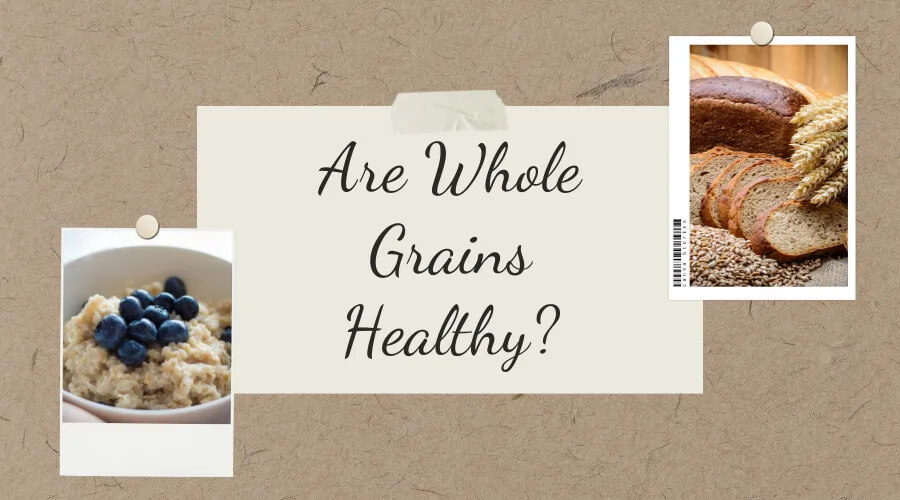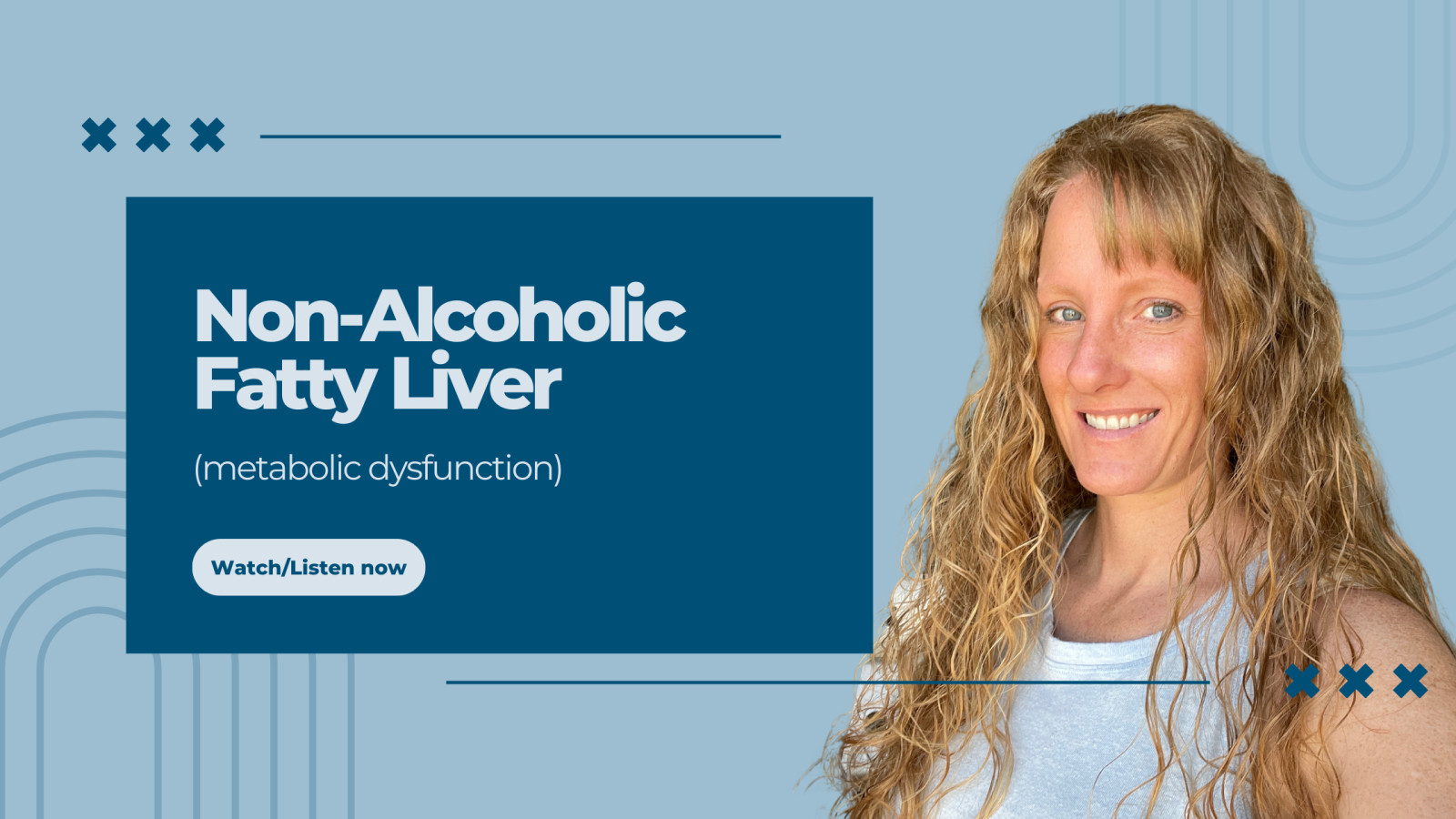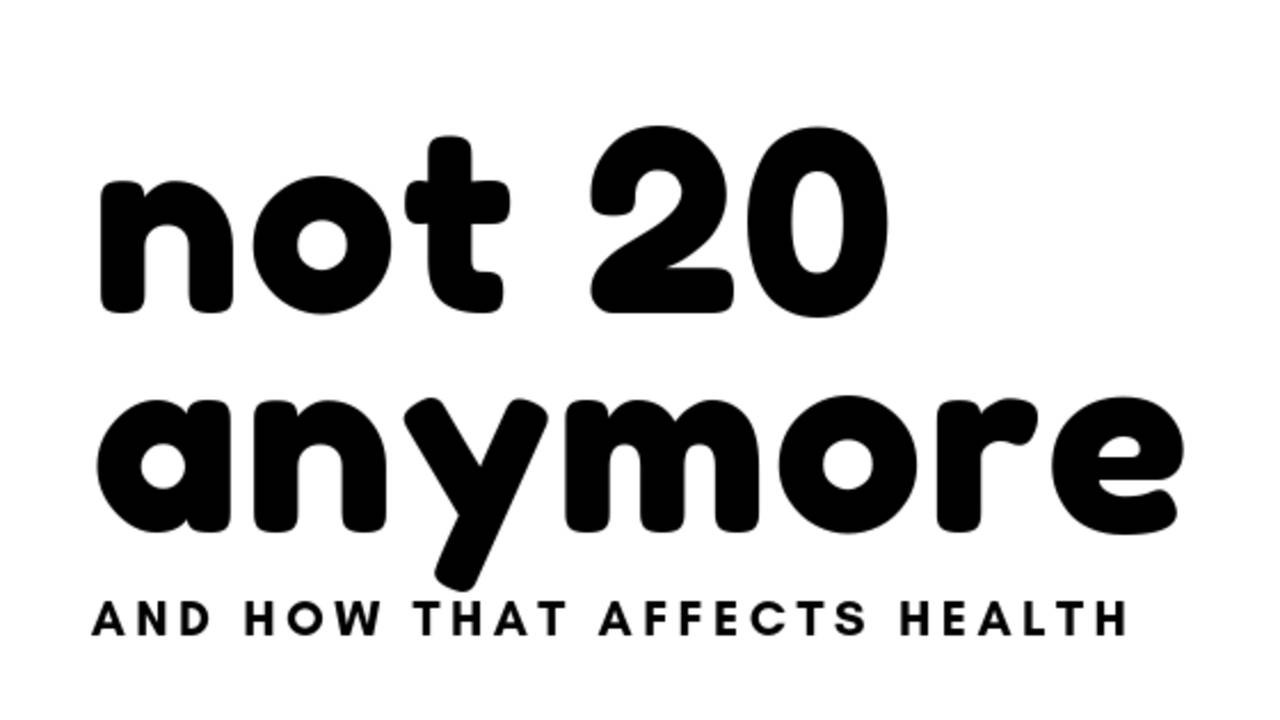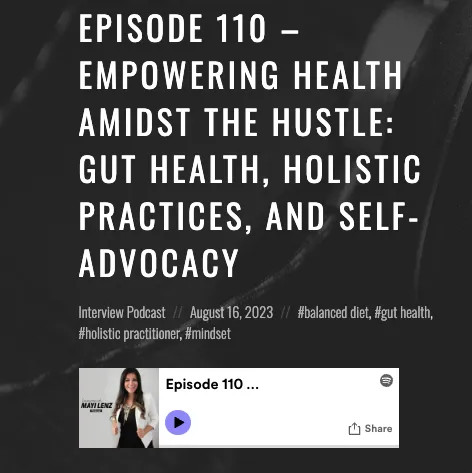
If you have followed any mainstream dietary advice over the last few decades, you’ve likely heard that you should prioritize whole grains in a healthy diet. Health “experts” will tell you that whole grains are heart-healthy, great for digestion, and necessary for weight loss and overall wellness. What does the research say? Are whole grains really a requirement for a healthy body? Are whole grains healthy?
Let’s first start off with what is true…there is a lot of scientific literature and support for the benefits of whole grains on human health. However, if we take a closer look – these studies often show the benefit of whole grains when compared to refined grains. They do not compare health outcomes of whole grains versus no grains!
This is a key distinction. Just because one is better than the other does not mean it’s required for optimal health. The arguments for whole grains are that they’re filled with fiber and other nutrients. But so are many other foods.
What are whole grains?
Whole grains are the seeds of cereal grasses. They contain three components of edible material:
- Bran (fiber)
- Germ (B vitamins, minerals, fat, and protein)
- Endosperm (mostly starch with some protein, vitamins and minerals)
Refined grains have had the bran and germ removed, leaving only the starchy endosperm.
Don’t be fooled by food labels, however. A study done in 2013 looked at over 500 different products labeled “whole grain” on the front of the package and found they actually gained significantly more added sugar and were significantly more expensive than similar products that didn’t market themselves as “whole grain”.
Nutrients in whole grains
There certainly are nutrients found in these whole grain products, but they aren’t necessarily considered nutrient-dense when you look at the incredible amount of carbohydrates and calories to get those nutrients.
Let’s take a few examples:
A standard breakfast staple: oatmeal.
1/2 cup of thick rolled oats: 5g protein (with an incomplete array of amino acids), 4g fiber, 0-20% of the recommended dose of vitamins and minerals like thiamine, iron, magnesium, biotin, and zinc, 33g total carb, and 190 calories. Then when you add in milk, fruit, sweeteners and other additives, you have a carbohydrate and sugar-filled bomb that will surely spike your blood sugar.
A standard lunch staple: sandwich
Two whole grain slices of bread alone give about 8g of incomplete protein, 6g fiber, 0-25% of nutrients like thiamine, niacin, magnesium, and selenium, 41g total carb, and 180 calories. Add to that honey baked ham or sugar-filled condiments and you’re off to another blood sugar spike.
Brown rice
For every cup of whole grain brown rice, you’ll get 5.5g incomplete protein, 0-25% of the recommended dose of vitamins and minerals, 51.7g of carb, and 248.5 calories. Add in sauces and starchy vegetables, and you again have a blood sugar bomb waiting to go off.
Quinoa and Farro
These are the new “healthy” grains on the market touted for their higher protein content. While it is true that they have higher protein than rice or pasta, they are equally high in carbohydrates. You’d still have to consume numerous portions per day to reach your protein and micronutrient goals. But you’d overload your system with carbohydrates with each meal to meet those metrics.
For true metabolic health, reversing insulin resistance is key.
Are whole grains healthy? What’s in the research?
One comprehensive analysis was published in 2019 in the journal The Lancet. They looked at over 185 observational studies and 58 clinical trials and found eating more whole grains and fiber might be a helpful strategy in weight loss, heart disease, diabetes, cancer, and longevity. However, these studies all compared eating a whole grain diet to other high carbohydrate diets filled with refined grains. What would the results be if they compared a whole grains diet to one that was lower carb and grain-free? Those studies haven’t been conducted directly.
One systematic review of other studies was published in 2013 that looked only at randomized controlled trials (the best type of research) found that whole grain diets provided less than 0.5% difference in weight loss compared to refined grains. Another systematic review in 2019 found no weight loss benefit of whole grains.
Diabetes
Studies have also looked at the effects of whole grains for type two diabetes prevention. One randomized controlled trial specifically looked at the effect of whole grain fiber on lowering blood sugar and improving insulin sensitivity. They found no difference between those on the high fiber diet and those on the standard diet. Some studies have shown reduced blood sugar spikes after eating a whole grain meal as compared to a refined grain meal (though other studies have shown no difference). This would indicate that there may be some benefit to whole grains – but again, they fail to show benefit as compared to a no-grain diet.
Even the American Diabetes Association is now saying “Reducing overall carbohydrate intake for individuals with diabetes has demonstrated the most evidence for improving glycemia and may be applied in a variety of eating patterns that meet individual needs and preferences.”
Numerous randomized controlled clinical trials have shown tremendous benefit to low carb and very low carb diets for blood sugar dysregulation and diabetes reversal. Virta Health has a very large, long term study (not randomized) very low carb ketogenic diet for the treatment of diabetes and has found tremendous results. Read more here and here.
Heart Disease
We’ve all heard how whole grains are “heart healthy”, as a critical component of reducing cholesterol. Some observational studies (lowest quality) show that whole grains do correlate with lower risk of heart disease. However, this is not the same as causing lower heart disease risk. This is just as likely due to healthy user bias – people who eat more whole grains also are more likely not to smoke, more likley to workout, and eat more vegetables…too many confounding variables to say for sure whole grains are the reason.
There have been two higher quality studies that shows reductions in heart disease risk factors in those who consumed more whole grains than refined grains with minor reductions in LDL cholesterol only. However, lowering LDL alone has not been found to translate to overall improved health. If your LDL improved, but your insulin sensitivity got worse – your health has actually declined.
A systematic review of the Cochrane Database was done in 2017 looking at nine different randomized controlled trials. They concluded that there wasn’t enough evidence to support any claim that whole grains reduced cardiovascular disease risk due to the overall low quality of research (small sample sizes, short durations, and high bias risk due to funding being provided by cereal manufacturers).
Bottom line
Eating a diet filled with whole grains is probably better than eating a diet of refined grains. However, grains are not essential foods. All of the nutrients obtained from grains can easily be obtained through many other whole food sources that don’t have to come with all of the starch and carbohydrate. You can achieve optimal health without eating any grains. In fact, research on low carb eating often shows greater benefits to overall health markers.





















0 Comments